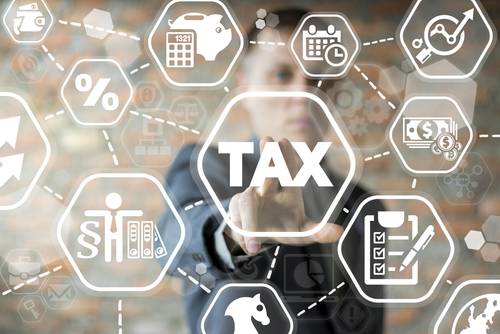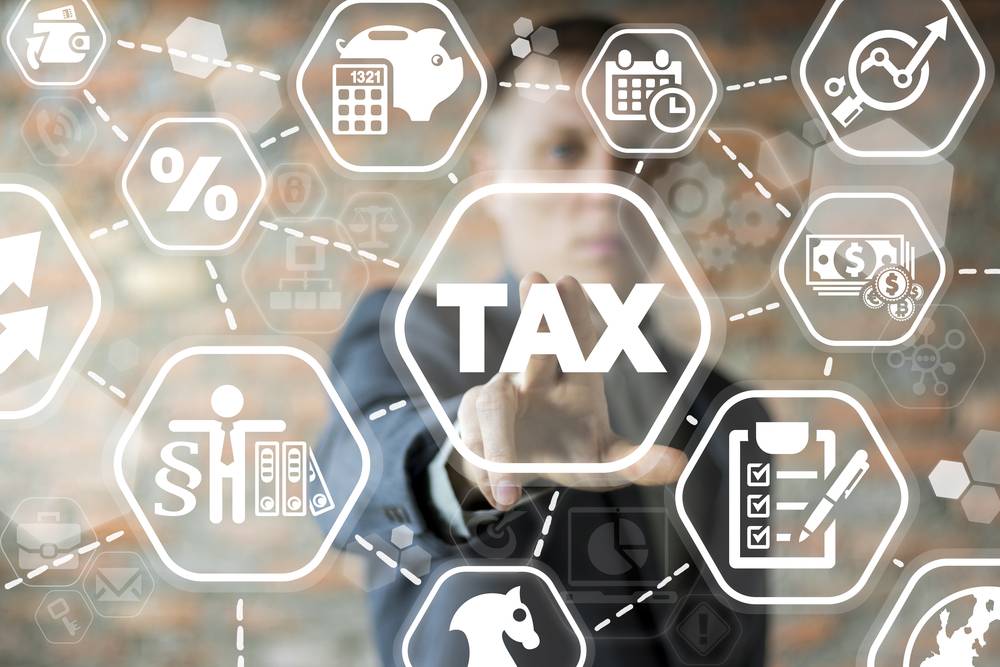
Looking for clever Valentines for accountants? Download our free printable designs and explore Valentine’s Day
3 min read

The 2026 tax season isn’t here yet, but it’s never too late to start preparing, starting with your PTIN. A Preparer Tax Identification Number (PTIN) serves as the equivalent of a tax professional’s social security number. The IRS uses this to track returns prepared by each tax professional and to monitor their continuing education requirements. Your PTIN appears on tax returns you prepare, allowing the IRS to identify who worked on each submission. But exactly who needs this credential? We’re here to break it down for you.

The IRS regulations are clear: anyone who prepares or assists in preparing federal tax returns for compensation must have a valid PTIN. This requirement applies regardless of your credentials or professional status. If you receive payment for preparing or assisting in the preparation of U.S. federal tax returns, you need a PTIN. This includes:
Note: All Enrolled Agents must have a valid PTIN, even if they’re not actively preparing tax returns. This is because the PTIN is a prerequisite for maintaining EA status and tracking continuing education requirements.
According to the IRS, the PTIN requirement extends beyond those who complete entire returns. You need a PTIN if you assist in the tax preparation process by “making determinations that affect tax liability.” This includes:
However, the IRS specifically exempts certain support roles from the PTIN requirement in Treasury Regulation section 301.7701-15(f). This includes:
If you work in an office with multiple preparers, every individual who significantly contributes to tax return preparation needs their own PTIN. PTINs belong to individuals, not to businesses or firms.
This individual-only approach was established by the IRS to ensure accountability and quality control. This distinction exists because the IRS wants to track and monitor the specific individuals who prepare returns, not just the firms they work for.
By requiring each preparer to have their own PTIN, the IRS can:
Not everyone involved in tax-related activities needs a PTIN. You generally don’t need a PTIN if:
There’s no mincing words here: using your PTIN correctly is a legal requirement. Tax preparers must include their PTIN on each return they prepare. Failure to obtain, renew, or properly use a PTIN may result in penalties under Section 6695 and potential disciplinary action from the Office of Professional Responsibility.
For uncredentialed preparers, the Annual Filing Season Program (AFSP) offers a way to gain limited representation rights and inclusion in the IRS Directory of Federal Tax Return Preparers. Uncredentialed preparers can complete the AFSP by taking AFTR course and comprehension test, along with continuing education requirements. For those who are looking to participate in the AFSP, learn how to apply for your PTIN here.
Your PTIN is like a fingerprint for all the work you do in the tax industry, and it is essential for your career growth. Whether you’re just starting your career or expanding your professional services to include tax preparation, obtaining a PTIN is your first step toward compliance with IRS regulations. Remember that PTINs belong to individuals, not businesses, and PTIN renewal occurs each year. By maintaining a valid PTIN, you’re maintaining your presence in the tax preparation market, ensuring that you can provide services to clients without the ire of the IRS.
For everyone who needs a PTIN, you or your firm will be needing a Written Information Security Plan (WISP) to stay compliant. We’ve got you covered with a free WISP template and directions on how to create your own WISP.






Subscribe to our news, analysis, and updates to receive 10% off your first purchase of an on-demand digital CPE course.